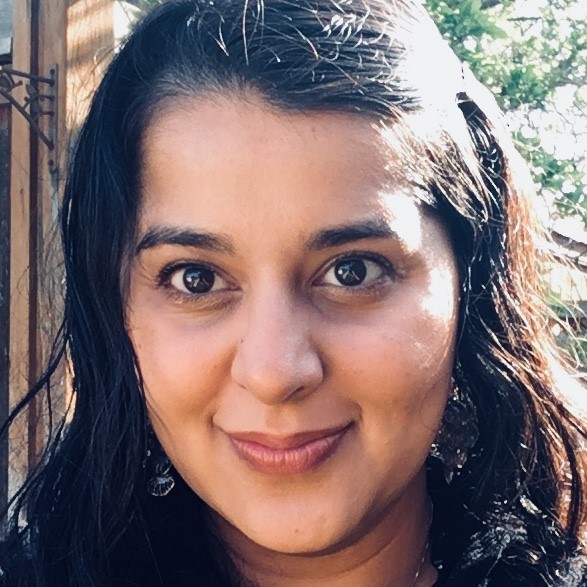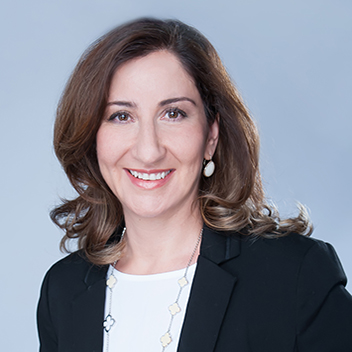
Co-hosted by CIFAL York and the Office of the Provost, in partnership with the Dahdaleh Institute for Global Health Research, York University's World Water Day 2022 event will take place Tuesday, March 22 from 9 a.m. to noon. via Zoom.
York University is marking the United Nations World Water Day 2022 with a special workshop focused on developing solutions to the impacts of climate change on the planet’s freshwater. The effects of climate change and ecosystem degradation are experienced by local communities regionally and around the world. These experiences are exacerbated by underlying social inequities. World Water Day is an opportunity to place in context the research that sheds light on these experiences against the backdrop of global efforts to boost ambition on adaptation action. Also considered is the importance of strengthening inter-regional and cross-boundary adaptation to the impacts of planetary stressors on food systems, water, agriculture, fisheries and energy with a special focus on human and environmental health.


The University’s World Water Day event will take the form of an interactive knowledge-exchange workshop. It will be co-convened by Faculty of Science Associate Professor Sapna Sharma (Department of Biology) and Faculty of Liberal Arts Associate Professor Idil Boran (Department of Philosophy) and is presented in conjunction with the Provostial Fellowship Program, of which Sharma is a charter member. Sharma's Provostial Fellowship project, “Improving access to clean water,” is focused on building a University-wide engagement strategy to build partnerships that focus on access to clean water. This event is open to the wider community, and students, faculty and staff who are interested in attending this event should register here by Monday, March 21 by noon.
Program

Opening remarks will be given by York University Provost and Vice-President Academic Lisa Philipps, with an introduction to the day’s proceedings offered by Sharma and Boran.
The keynote address will be offered by Dr. James Orbinski, MD, professor in the School of Health Policy and Management in the Faculty of Health and the inaugural director of the Dahdaleh Institute for Global Health Research.
Two panels will follow the keynote. The first panel, “Human and Environmental Health,” will feature presentations by Daniel Olago, associate professor of geology in the Department of Earth and Climate Sciences in the Institute for Climate Change and Adaptation at the University of Nairobi. He will be followed by Syed Imran Ali, a research Fellow in Global Health and Humanitarianism in the Dahdaleh Institute for Global Health Research at York University.
The second panel, “Engagement with Indigenous and Local Communities,” will feature a presentation by Angele Alook, assistant professor in the School of Gender, Sexuality and Women’s Studies at York University. She will be followed by Catherine Febria, Canada Research Chair in Freshwater Restoration Ecology, Great Lakes Institute for Environmental Research and the Department of Integrative Biology at the University of Windsor.
After the panels, participants will take part in three concurrent breakout rooms to consider the themes presented in the panels. Knowledge gathered from the panels and breakout rooms will be synthesized in a workshop recap before closing remarks are delivered by Sharma and Boran.
More about the speakers
Syed Imran Ali is a research Fellow, Global Health & Humanitarianism within the Dahdaleh Institute for Global Health Research. He is focused on humanitarian challenges at the intersection of environment and public health. He has worked in emergency responses and led operational research with Médecins Sans Frontières and the United Nations High Commissioner for Refugees in South Sudan, Pakistan, Jordan, Rwanda, and Uganda.
Angele Alook is an assistant professor in the School of Gender, Sexuality & Women’s Studies in the Faculty of Liberal Arts and Professional Studies. She is a member of the Bigstone Cree Nation in Treaty 8 territory, where she has carried out research on issues of the sociology of family and work, resource extraction, school-to-work transitions, Indigenous identity and seeking the good life (miyo-pimatisiwin) in work-life balance.
Idil Boran is associate professor of philosophy and the associate director of CIFAL York. She is the lead researcher of the Synergies of Planetary Health Research Initiative and Lab at the Dahdaleh Institute for Global Health Research at York University. Boran has 10 years of experience in the UN Climate Change initiatives and holds an affiliation as non-resident associate researcher with the German Development Institute /Deutsches Institut für Entwicklungspolitik (DIE).
Catherine Febria is the Canada Research Chair in Freshwater Restoration Ecology and an assistant professor of biology at the University of Windsor. She is the director of the Healthy Headwaters Lab, the co-founder of the Kindness in Science global initiative, and an equity, diversity, inclusion, and justice leader within the field of fisheries and limnology.
Daniel Olago is associate professor of geology, Chair of the Department of Earth and Climate Sciences and research director of the Institute for Climate Change and Adaptation at the University of Nairobi. He was the Kenya Rhodes Scholar for 1990. Olago was a lead author in the Intergovernmental Panel on Climate Change (IPCC) Fourth Assessment Report that won the Nobel Peace Prize for 2007, and has contributed to the Africa Chapter as lead author in the current IPCC Working Group II Assessment Report. He is a fellow of the Kenya National Academy of Sciences, the Geological Society of Kenya, the African Academy of Sciences, and The World Academy of Sciences.
James Orbinski is a professor in the Faculty of Heath and the inaugural director of York University’s Dahdaleh Institute for Global Health Research. As a medical doctor, a humanitarian practitioner and advocate, a best-selling author and a leading scholar in global health, Dr. Orbinski believes in actively engaging and shaping our world so that it is more just, fair and humane. He was elected International President of MSF from 1998-2001, accepted the Nobel Peace Prize awarded to MSF in 1999, co-chaired the founding of the Drugs for Neglected Diseases Initiative in 2004, and co-founded Dignitas International.
Sapna Sharma is an associate professor in the Department of Biology in the Faculty of Science at York University. She is a York Research Chair in Global Change Biology. Through her research, Sharma aims to understand how lakes worldwide respond to climate change, including rapid ice loss, warming water temperatures, degrading water quality and changing fish populations, using large datasets and cutting-edge statistical analysis.
More about the discussion group facilitators
Rahul Arora, is an assistant professor in the Department of Economics & Finance at the Birla Institute of Technology & Science, in Pilani, India. His PhD, completed in 2017, focused the specialization of evaluation of the impact of mega-trade deals in the Asia-Pacific region.
Satinder Kaur Brar is a professor and the James and Joanne Love Chair in Environmental Engineering in the Department of Civil Engineering in the Lassonde School of Engineering at York University. She has extensive experiences and expertise within the field of water and wastewater treatment; bioremediation; circular bioeconomic; waste to value-addition; and sustainable environmental remediation.
Scott Lister is a professional environmental geoscientist and the Source Water Protection Program Manager at York Region. In this role, he protects drinking water sources. He is the risk management official and has been with York Region for 11 years.
To learn more and to register for this event, visit the CIFAL World Water Day page at https://www.yorku.ca/cifal/water-day/.
